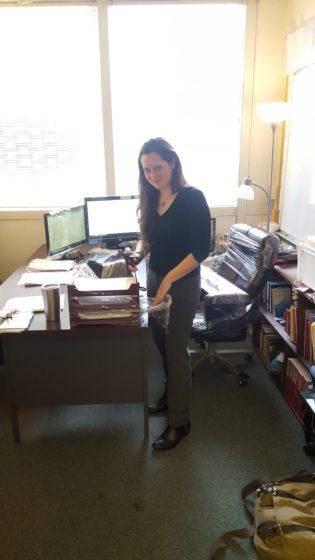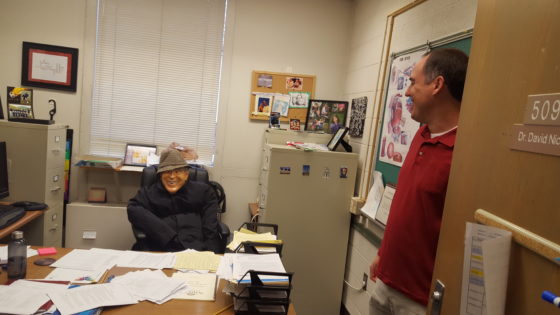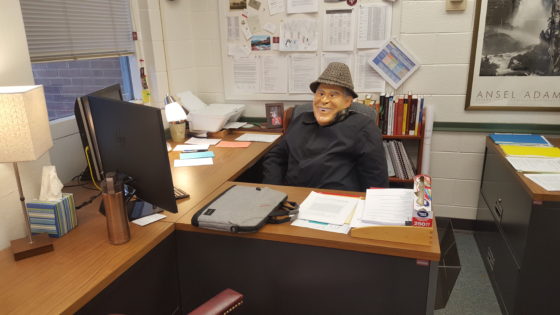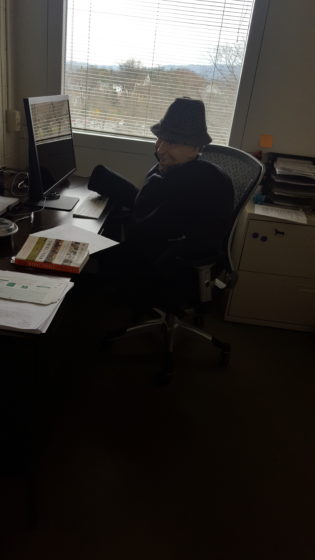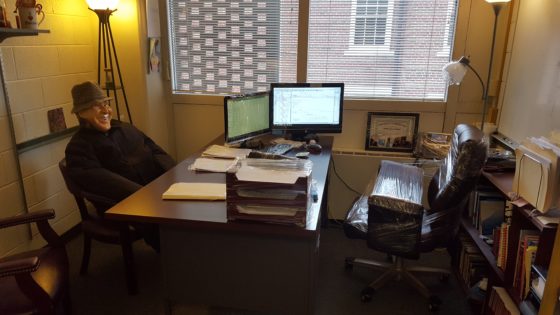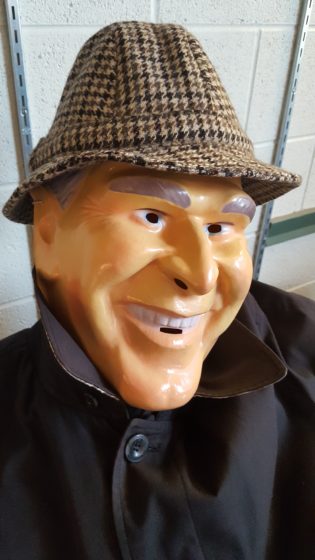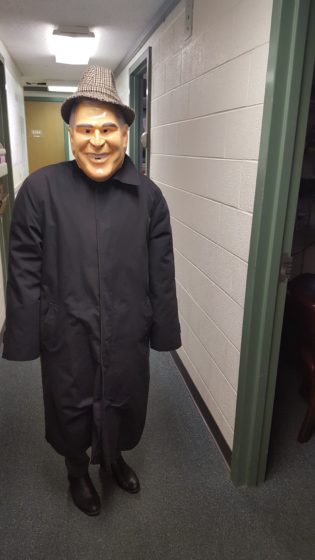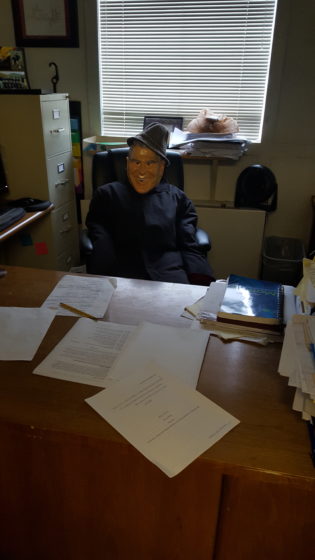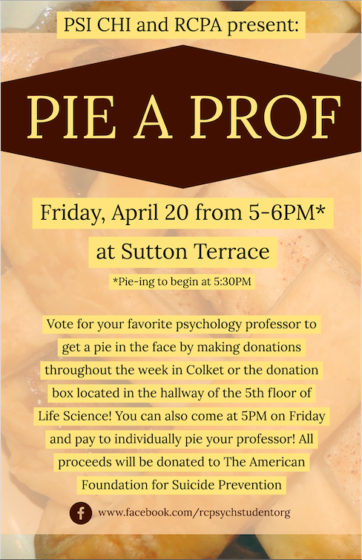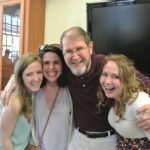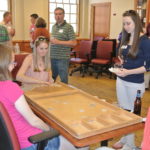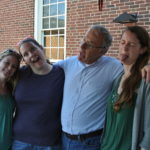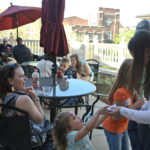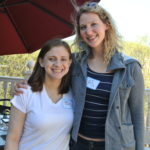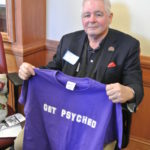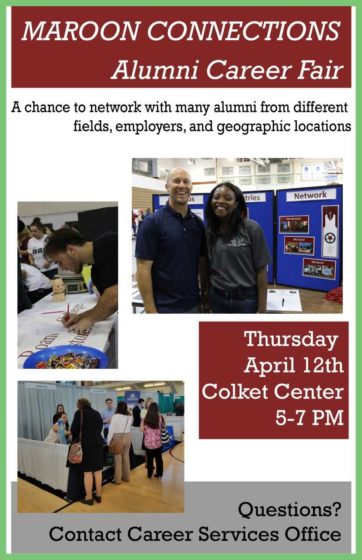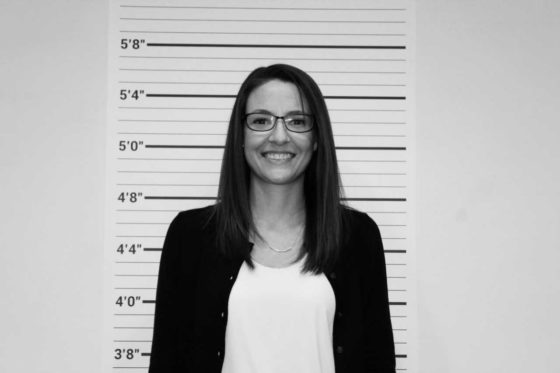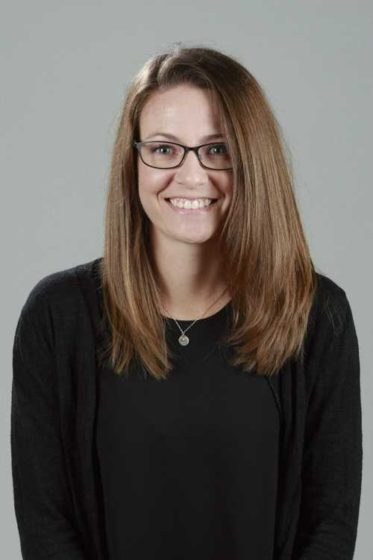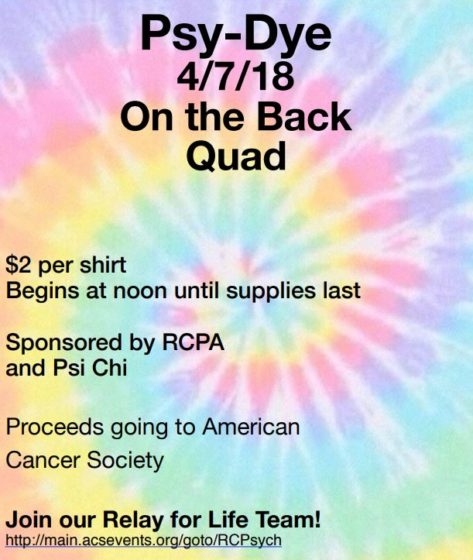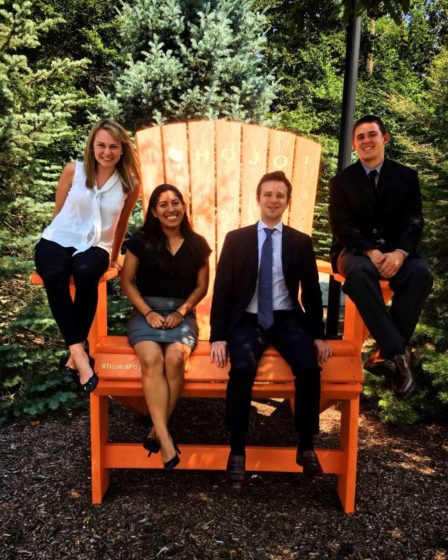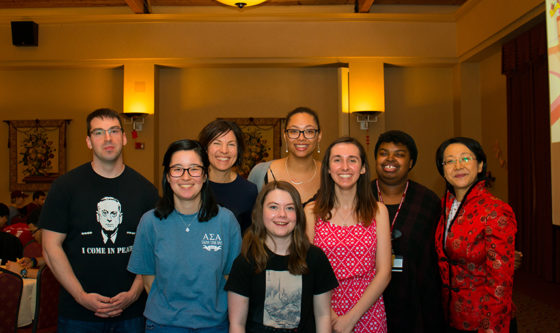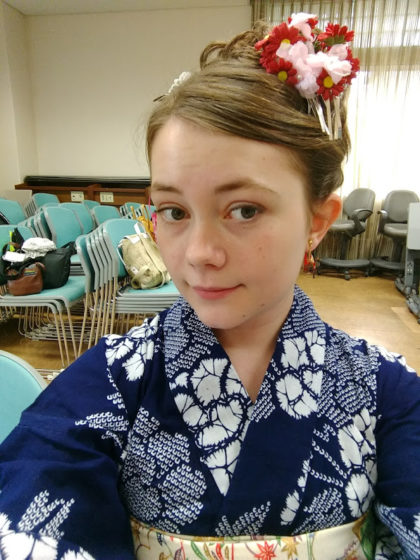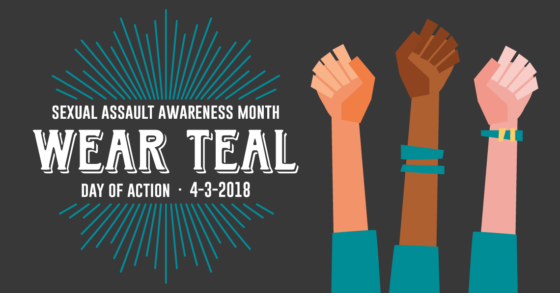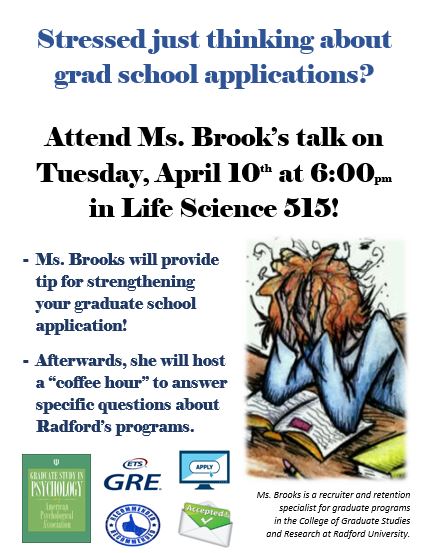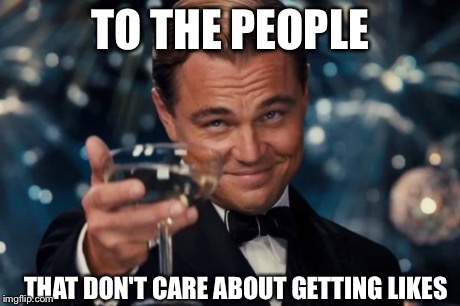
The fourth article written for Dr. Carter’s Social Psychology course, this post discusses the power of the “like” system. Written by Julian Edwards, Emily Jones, and Brice Hinkle, the original source can be found here.
Have you ever felt inadequate after seeing only one like on your selfie? If you are an avid Facebook, Twitter, Instagram, or some other social media user, the culmination of likes on a picture or video is crucial. The incorporation of the “like” system in social media has changed the way in which people view themselves. You expect people such as your family or close friends to like your posts, but what if that is only 10 to 20 people? What does this say about you
as a person? It is common to believe that the more likes one receives the better they believe others see them, thus determining how they see themselves. The presence of active and/or immediate feedback on a picture you are proud of can make or break how you view yourself. Because of this, social media has become a large factor in the level of self-esteem a user may have. The more likes someone receives the greater self-esteem they will have. Also in contrast, if a person were to receive little to no likes on a selfie or family picture they may begin to suffer through low self-esteem. To help support this claim a study was conducted by researchers Anthony L. Burrow and Nicolette Rainone titled “How many likes did I get?:
Purpose moderates links between positive social media feedback and self-esteem” (Burrow & Rainone, 2016).
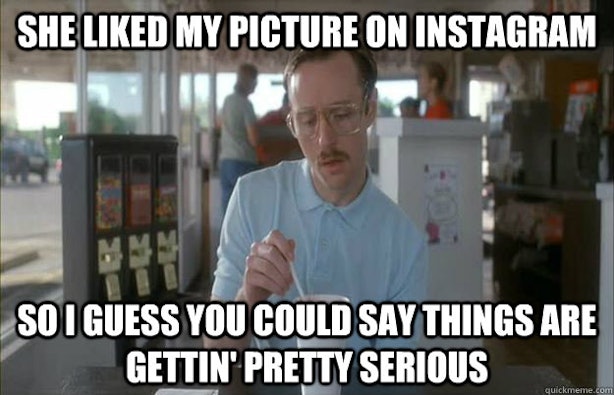
In this study, participants first had to complete several forms and surveys – demographics form, a survey measuring their purpose in life, and a personality inventory (which was not used in the experiment). After this was completed, the experimenters told the
participants they were there to test a new social media site a lot like Facebook and to get started, they had to set up a profile and take a picture of themselves for the experimenter to upload (Burrow & Rainone, 2016). The experimenter told the participants that their picture would be shown on the test site for five minutes and that other users could see and like it. Five minutes later, the experimenter came in the room and told them how many likes their picture got. The amount of likes the experimenter told the participants that they got were a randomized average number of likes, more than average number of likes, or below average number of likes. Afterwards, participants completed another survey, which measured their self-esteem. The results found that the groups that showed a low purpose and low self-esteem were affected more by their number of likes more than the groups with high purpose and high self-esteem, who were not as affected by the likes (Burrow & Rainone, 2016).
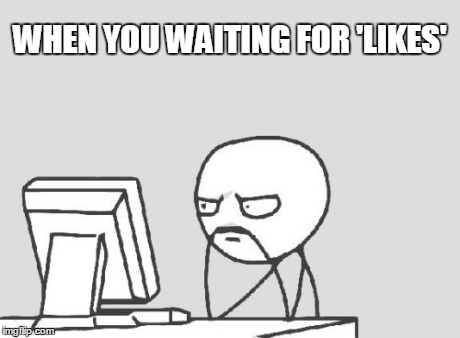
The researchers established two groups: high purpose and low purpose. In each group, the self-esteem manipulator was introduced to affect self-esteem positively, negatively, or not at all (high, low, and average likes). The participants in each group then reported their post-experiential self-esteem (Burrow & Rainone, 2016). Because the experiment showed no correlation between high purpose and a high number of likes, it can be assumed that the
participants with high purpose also have self-esteem high enough that it is unaffected by an otherwise effective self-esteem booster: a high number of likes that they receive. Those with low purpose can be said to have a lower baseline self-esteem and so are more affected by a high number of likes (Burrow & Rainone, 2016).
One critique would be that the researchers should have included an “average purpose” group apart from the “high purpose” group to be manipulated to see more precise results.
Additionally, it would have been nice to have reported any findings on a decrease in self-esteem for a fuller picture of the effects.
The lesson that can learned from this article is that self-esteem is that although there are a countless number of things that go into a person’s self-esteem and sense of purpose in life, social media affects them much more than someone thinks.
Get connected!
Instagram & Twitter: #PsychRC @RC_Psychology
Facebook: https://www.facebook.com/rcpsychology
Blog: https://psych.pages.roanoke.edu/
Linked In: https://www.linkedin.com/groups/RC-Psychology-8140491/about
Website: https://www.roanoke.edu/inside/a-z_index/psychology
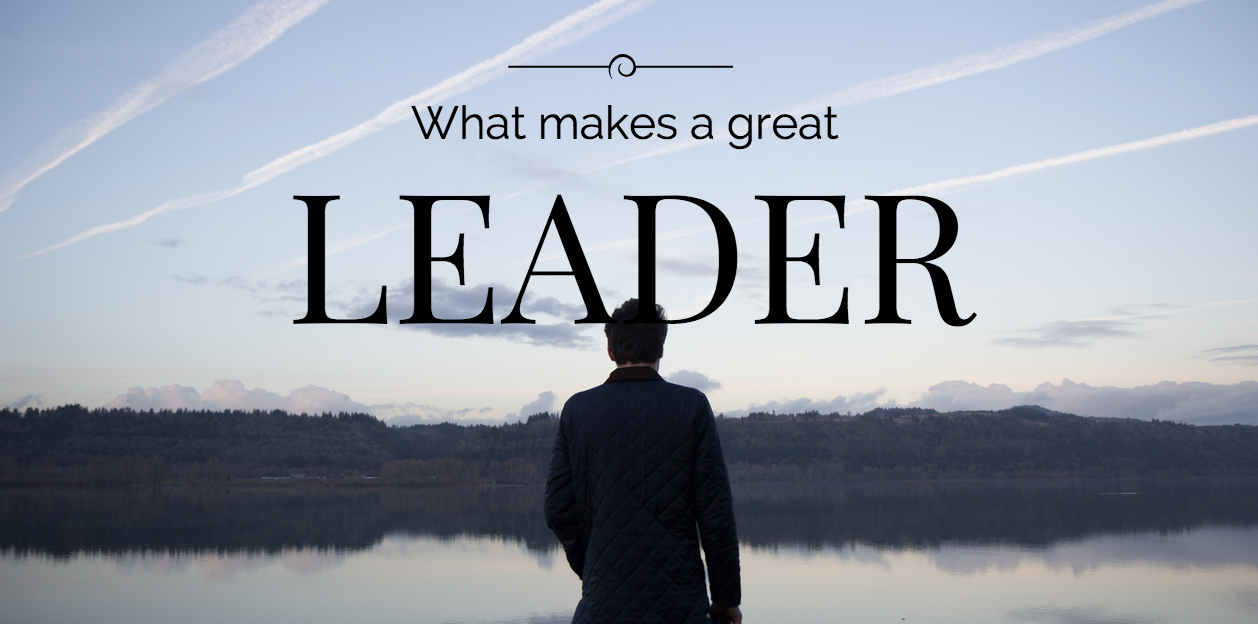
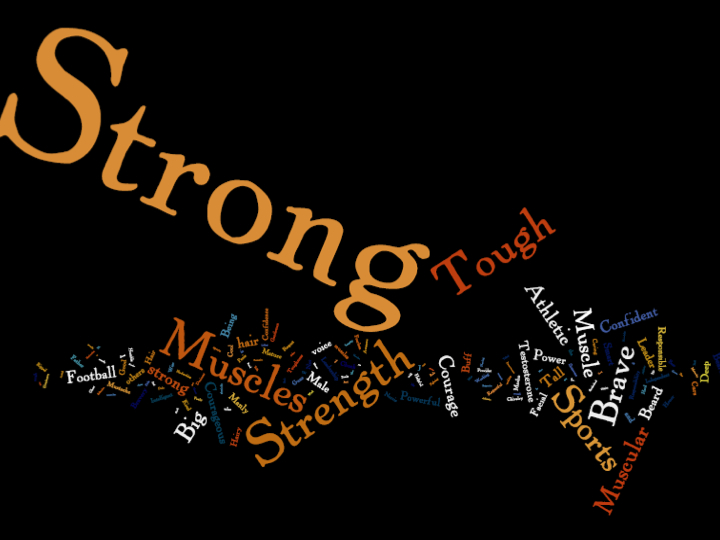

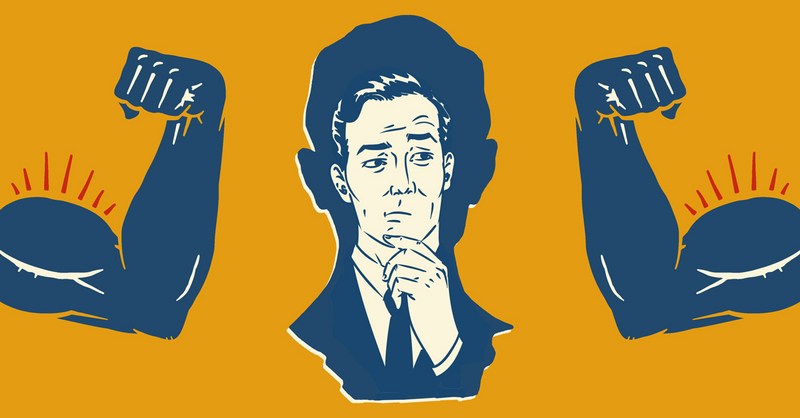
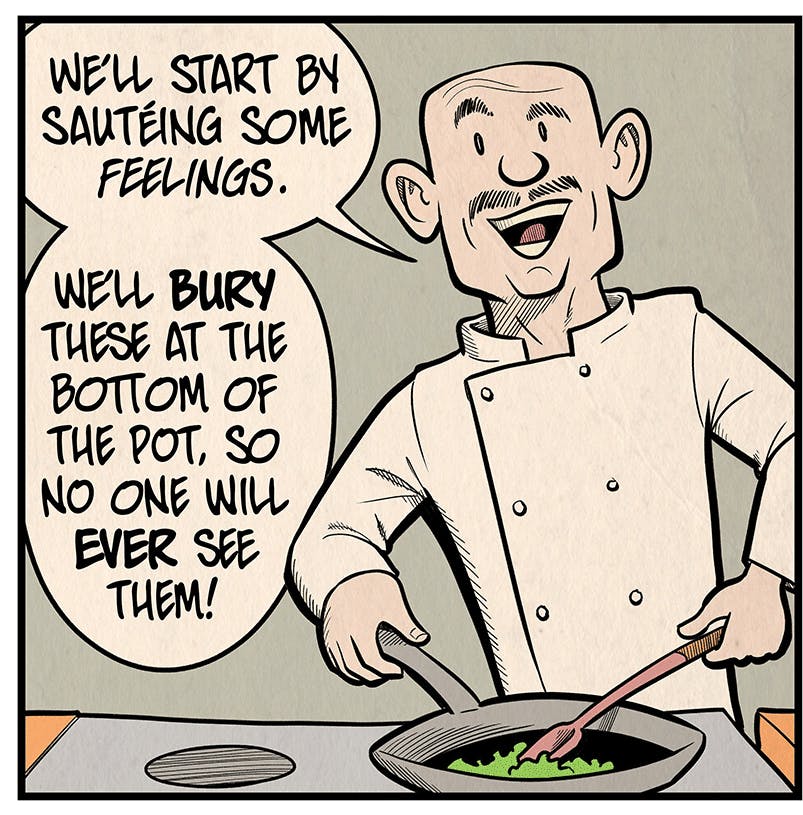
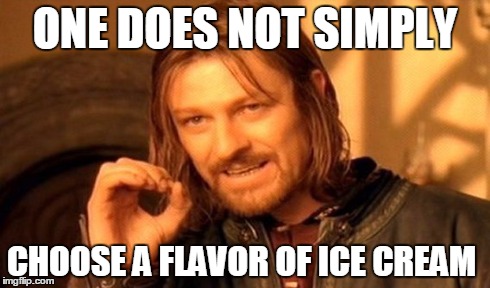
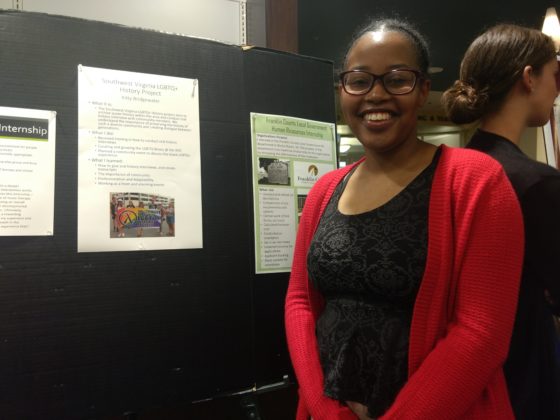
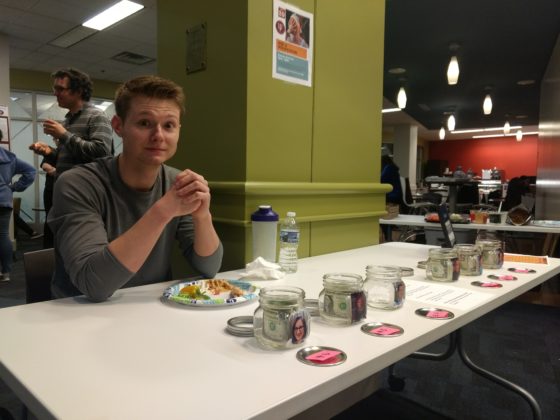
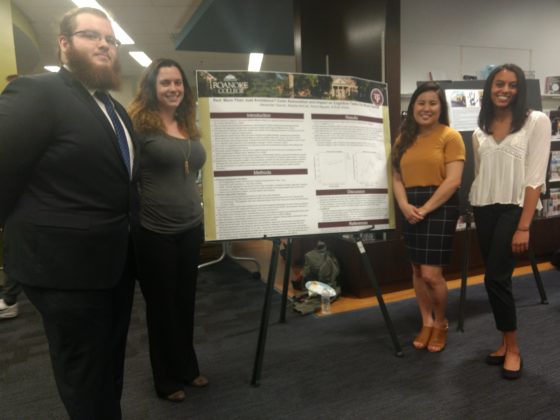
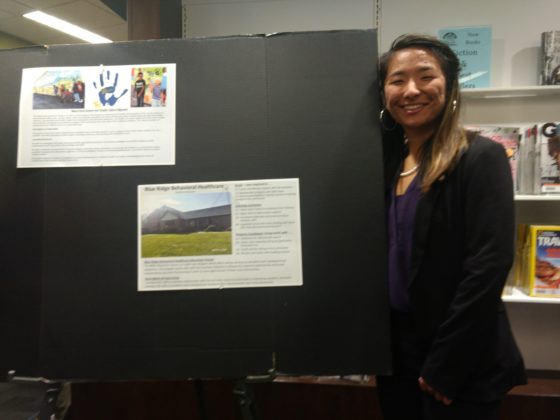
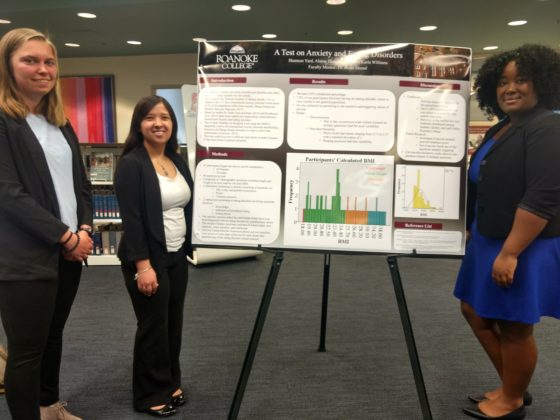
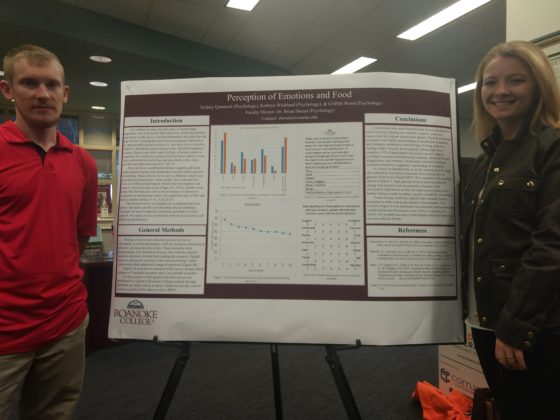
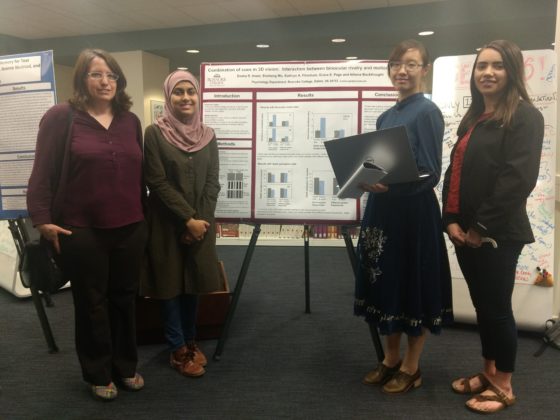
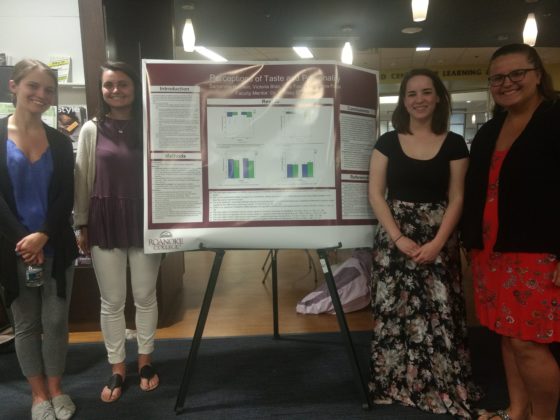
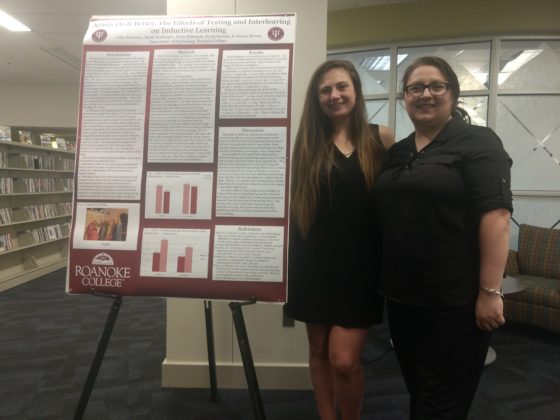
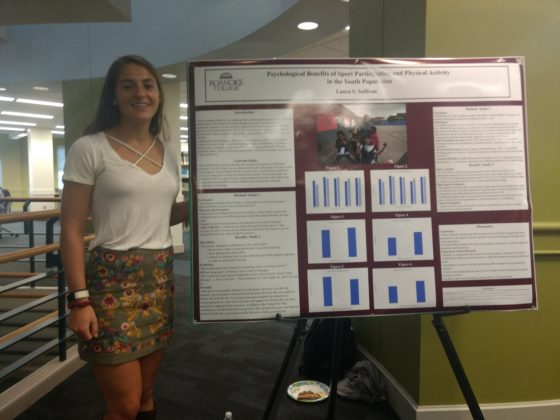
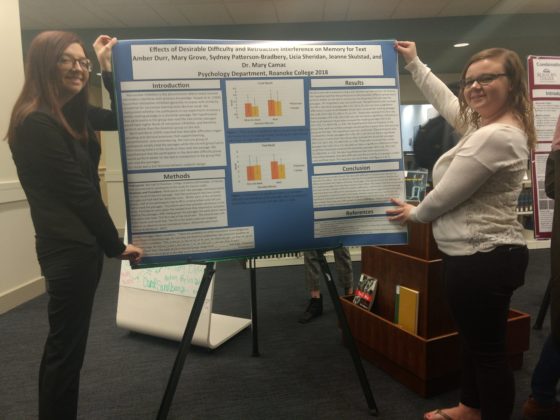
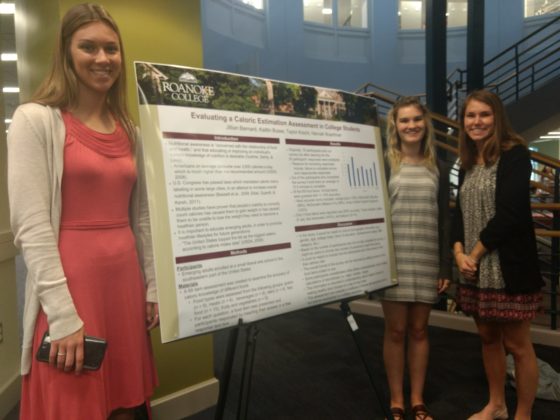
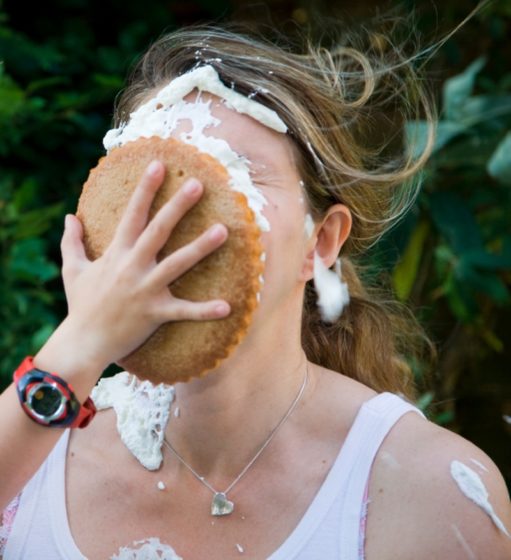 Today is the day. The day you get to see your professors pied! From 5pm-6pm at Sutton Terrace RCPA and Psi Chi will make your dreams come true by pieing 6 of our beloved professors for your enjoyment, all while raising money for the American Foundation for Suicide Prevention.
Today is the day. The day you get to see your professors pied! From 5pm-6pm at Sutton Terrace RCPA and Psi Chi will make your dreams come true by pieing 6 of our beloved professors for your enjoyment, all while raising money for the American Foundation for Suicide Prevention.
